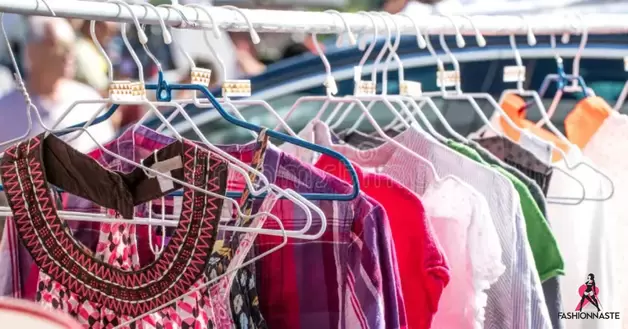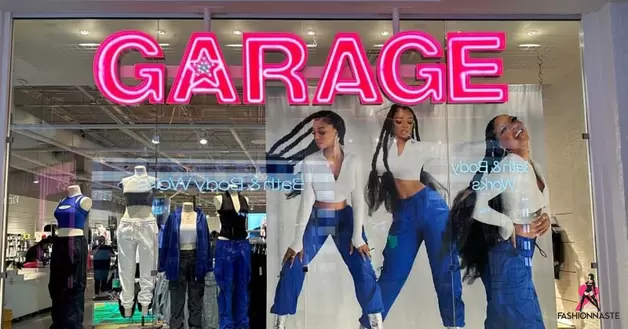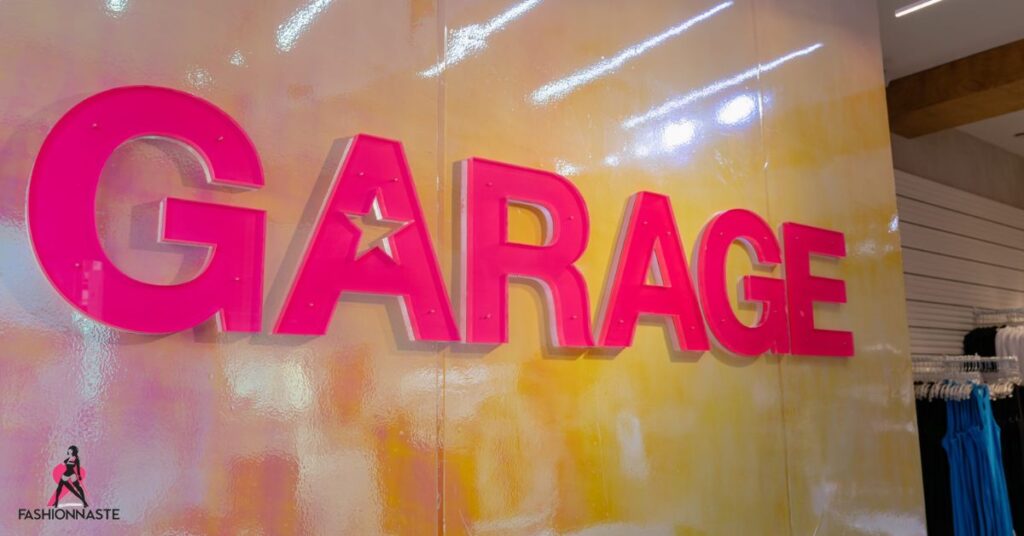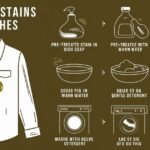Fast fashion means quick, trendy clothing production. It’s characterized by rapid turnaround times from design to retail shelves. This approach emphasizes affordability and accessibility, making runway-inspired styles available to the masses.
Fast fashion thrives on the “see now, buy now” mentality, capitalizing on consumers’ desire for instant gratification. However, this rapid production cycle contributes to environmental degradation and ethical concerns within the fashion industry.
The Rise of Fast Fashion
Fast fashion’s popularity skyrocketed in recent years due to several factors. Globalization enabled the outsourcing of production to countries with lower labor costs, facilitating faster and cheaper manufacturing. Additionally, advancements in technology streamlined the design and production process.
Further accelerating fashion cycles. The rise of social media also played a significant role in fueling fast fashion trends, as influencers and celebrities showcase new styles to millions of followers.
Environmental Impact of Fast Fashion
Fast fashion’s rapid turnover of clothing leads to significant environmental consequences. The industry generates vast amounts of textile waste, with discarded garments ending up in landfills or incinerators. Moreover, the production process contributes to pollution.
Resource depletion, and greenhouse gas emissions, exacerbating climate change. The reliance on cheap, synthetic materials further amplifies environmental harm, as these fabrics are often non-biodegradable and require extensive resources to produce.
Human Rights Concerns in Fast Fashion

Fast fashion’s demand for cheap and fast production often comes at the expense of human rights. Workers in garment factories, predominantly located in developing countries, face exploitative labor practices. These include substandard wages, excessive working hours.
Unsafe working conditions, and limited access to labor rights. Child labor and forced labor are also prevalent issues within the fast fashion supply chain, perpetuating cycles of poverty and exploitation in vulnerable communities.
What Makes Garage Different?
Garage distinguishes itself from traditional fast fashion brands through its commitment to ethical and sustainable practices. While fast fashion prioritizes speed and cost-efficiency, Garage places emphasis on quality, craftsmanship, and social responsibility.
Their approach to fashion aligns with the principles of slow fashion, promoting mindful consumption and longevity. Garage’s dedication to transparency and accountability sets them apart, as they strive to educate consumers about the true cost of fashion and empower them to make informed choices.
Read this Post: Bruce Wilpon Wife: Exploring the Life and Influence of a Remarkable Woman
Quality Over Quantity
Garage prioritizes quality over quantity in its clothing production. Unlike fast fashion brands that focus on mass-producing disposable garments, Garage invests in materials and craftsmanship that ensure durability and longevity.
Each piece is designed to withstand wear and tear, transcending seasonal trends and reducing the need for frequent replacements. By investing in timeless wardrobe staples, consumers can build a versatile and sustainable wardrobe that stands the test of time.
Ethical Production Practices
Garage upholds ethical production practices throughout its supply chain. They partner with manufacturers that adhere to fair labor standards, ensuring safe working conditions and fair wages for workers. By fostering transparent and responsible relationships with suppliers.
Garage promotes dignity and respect for all individuals involved in the production process. Additionally, Garage conducts regular audits and inspections to monitor compliance with ethical standards and address any issues that arise.
Sustainability Efforts at Garage
Garage integrates sustainability into its business practices to minimize its environmental footprint. This includes sourcing eco-friendly materials, such as organic cotton and recycled fabrics, to reduce resource consumption and minimize waste.
Garage implements energy-efficient processes and explores innovative solutions to address environmental challenges within the fashion industry. By prioritizing sustainability, Garage strives to create a more resilient and environmentally conscious fashion ecosystem for future generations.
Why Choose Garage Over Fast Fashion Brands?
Garage offers a compelling alternative to traditional fast fashion brands for conscientious consumers. By choosing Garage, individuals can align their values with their fashion choices, supporting ethical and sustainable practices. Garage’s commitment to quality ethics.
Sustainability makes it a responsible and desirable option in today’s fashion landscape. Furthermore, Garage’s transparent supply chain and dedication to social impact empower consumers to make positive contributions to the fashion industry and the planet.
The Longevity of Garage Fashion

Garage clothing is designed to withstand the test of time, both in terms of style and durability. Unlike fast fashion items that quickly fall out of favor, Garage designs possess timeless appeal and versatility. By investing in Garage pieces, consumers can build a wardrobe.
That transcends fleeting trends and stands the test of time. Garage’s commitment to quality craftsmanship ensures that each garment maintains its integrity, even after years of wear and washing.
Impact on the Fashion Industry
Garage’s commitment to ethical and sustainable practices has the potential to catalyze positive change within the fashion industry. By challenging the status quo of fast fashion and promoting alternative models, Garage inspires industry-wide conversations about ethics, sustainability, and consumer responsibility.
Their approach sets a precedent for greater transparency, accountability, and innovation. As other brands take note of Garage’s success, the fashion industry may undergo a transformation towards a more equitable and environmentally conscious future.
Read this Post: What is the Best Grey Coverage Hair Dye?
Embracing Slow Fashion
Garage advocates for the principles of slow fashion, encouraging mindful consumption and appreciation for quality craftsmanship. Slow fashion emphasizes buying fewer, higher-quality items that are made to last. By embracing this philosophy, consumers can cultivate a more sustainable.
By fulfilling relationship with their wardrobe, prioritizing longevity over trend-driven consumption. Garage’s timeless designs and commitment to ethical production empower consumers to make thoughtful choices that align with their values and contribute to a more sustainable fashion industry.
Make a Difference with Your Fashion Choices
Choose Garage for trendy, ethical fashion that aligns with your values. By opting for sustainable alternatives, you can empower yourself to make a positive impact on the fashion industry and the environment. Together, let’s redefine fashion by prioritizing style, ethics, and sustainability, one garment at a time.
Whether it’s supporting brands like Garage or advocating for systemic change within the fashion industry, every choice we make has the power to shape a more sustainable and equitable future for fashion.
Conclusion
Garage represents a sustainable fashion choice for individuals seeking stylish, ethical alternatives to traditional fast fashion brands. With its focus on quality, ethics, and sustainability, Garage offers a compelling option for conscientious consumers. By supporting Garage, individuals can contribute to a more responsible.
Garage’s commitment to transparency, innovation, and social impact sets a standard for the fashion industry, inspiring positive change and empowering consumers to make a difference through their fashion choices.

Meet Stephen, your seasoned fashion content maestro with over 7 years of expertise. As an adept content writer, I craft compelling articles, engaging blog posts, and captivating biographies.
My passion for fashion translates into words that resonate, bringing your brand to life. Let my experience weave the narrative that elevates your fashion journey.
Explore the art of storytelling with me.







